CAFA Tech contribution EU Defence projects 2021-2025
CAFA Tech is participating in EU-funded defence technology development initiatives, aiming to bolster Estonian national defence and enhance the collective security of the EU and NATO. Historical evidence suggests that numerous defence sector innovations, such as radar and GPS technologies, eventually transition into civilian use. In the recent two decades, it has been observed that civilian innovation has frequently outpaced that of the defence sector. In light of this, CAFA Tech applies our extensive expertise in civilian solution development to the realm of defence, ensuring that our contributions remain cutting-edge.

CAFA Tech is proud to contribute to the following EU defence technology projects:
PADIC 2021-2024
Passive Acquisition by Digital Convergence
PADIC will develop a coastal radar network system with an open architecture, connecting passive, digital sensors of different types. Passive radars use reflections from signals from TV and radio stations, mobile network base stations and added transmitters to detect objects on land, at sea and in the air.
PADIC will study, design, prototype and test a coastal radar network system in response to emerging threats by further developing state-of-the-art sensors that are spectrally non-congesting during peacetime and sustainable and immune against attack attempts during conflicts. The project will make use of low-cost and commercially available technologies and components.
CAFA Tech contribution: Drone detection radar and AI Centre technology
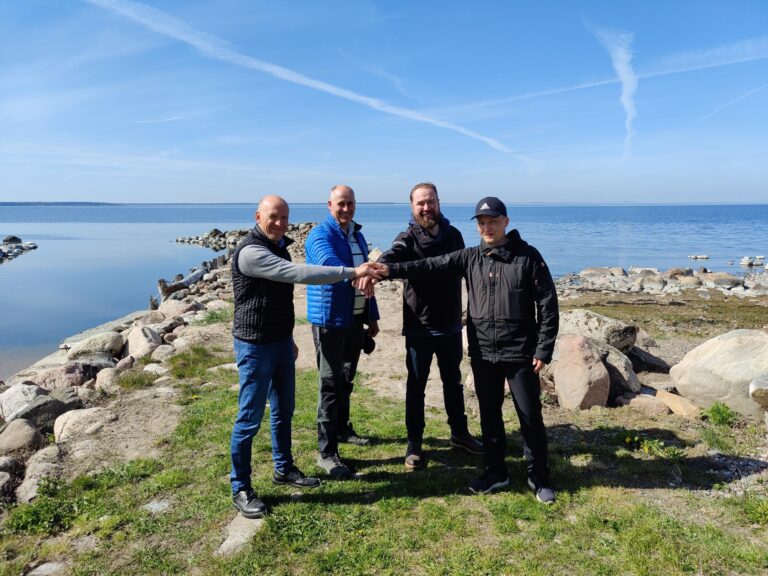
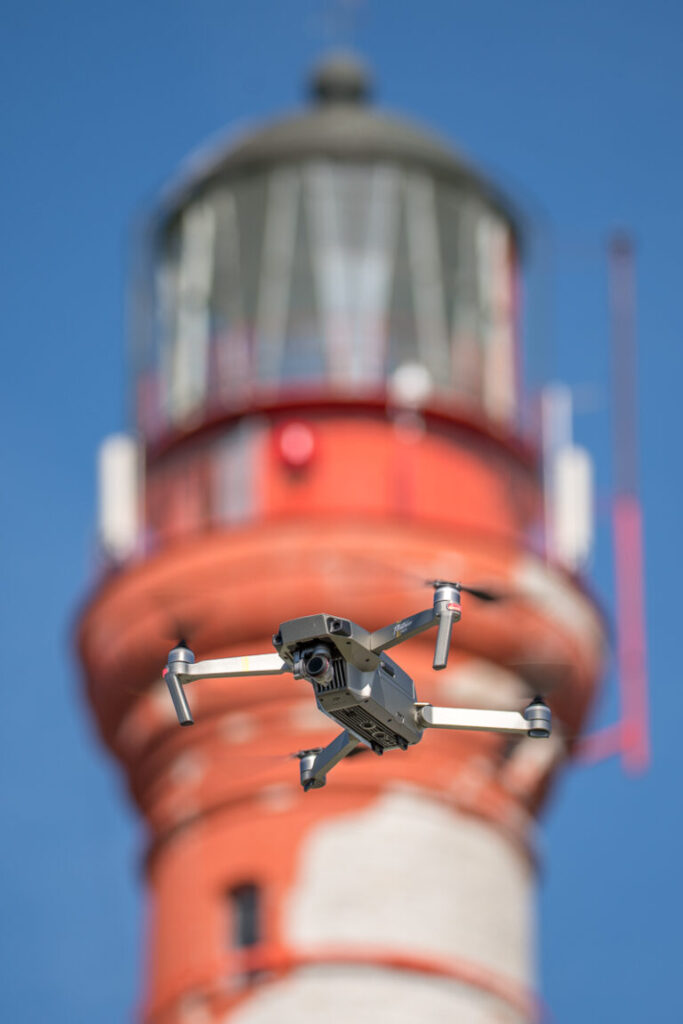
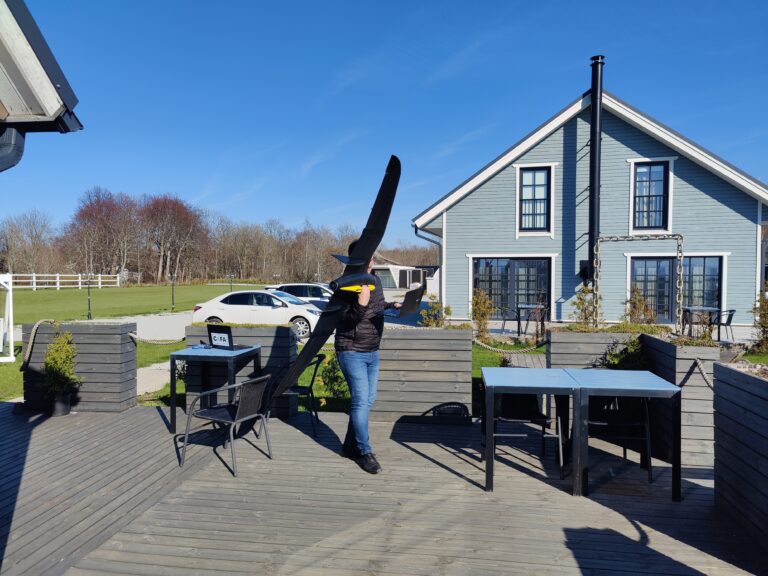
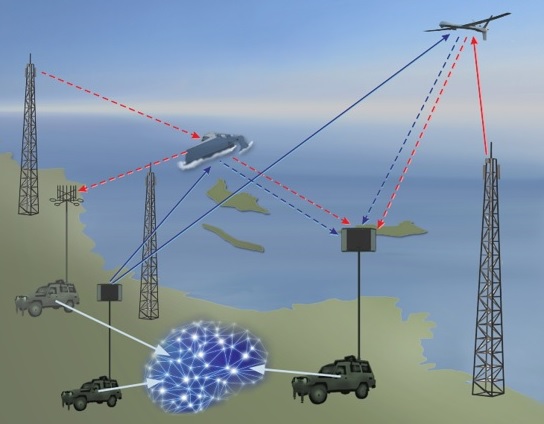
MIRICLE 2021–2023
MIne RIsk CLearance for Europe
This project aims at achieving a European and sovereign capacity in the future mine warfare and will create a path for the next generation ‘made in Europe’ countermeasure solutions.
CAFA Tech contribution: Mine-Disposal-Robot for underwater MCM operations
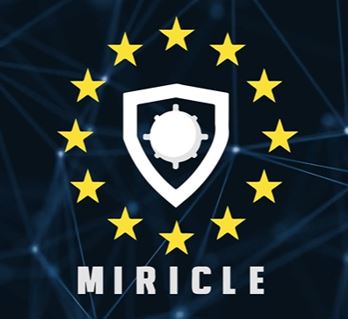
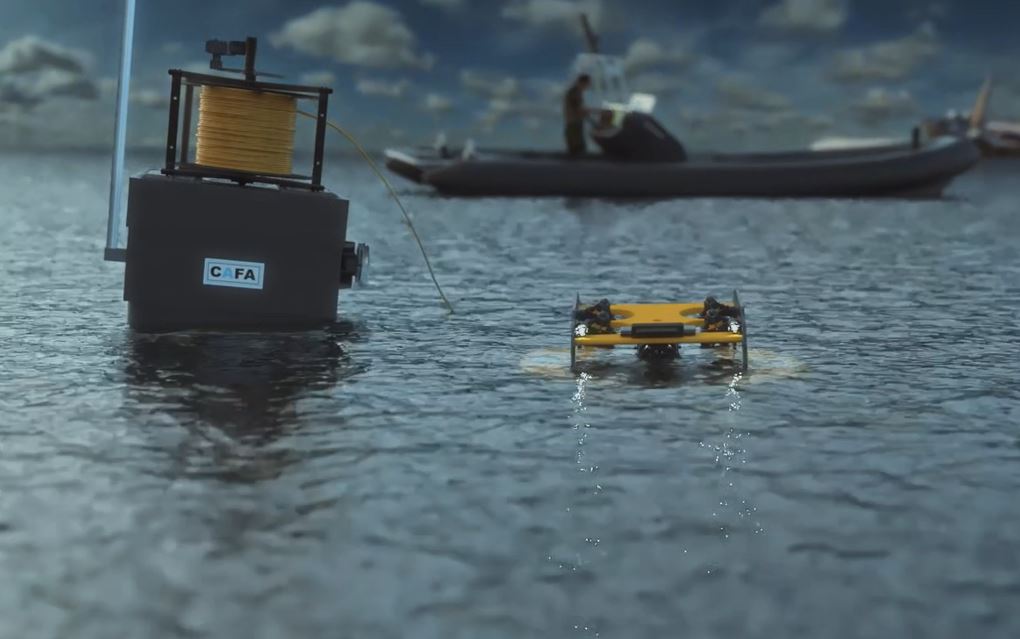
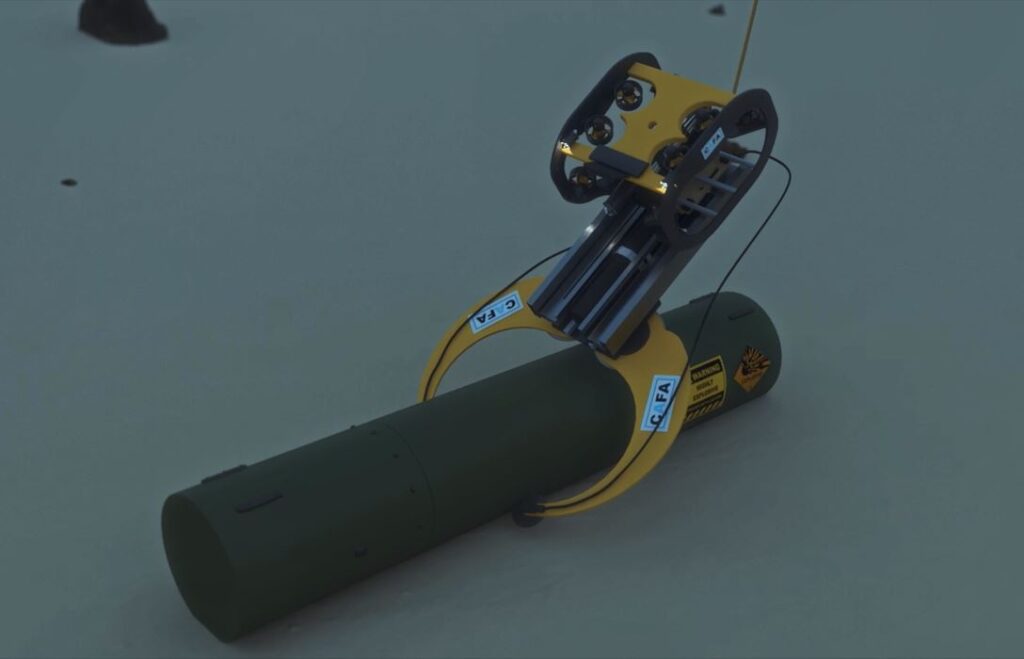
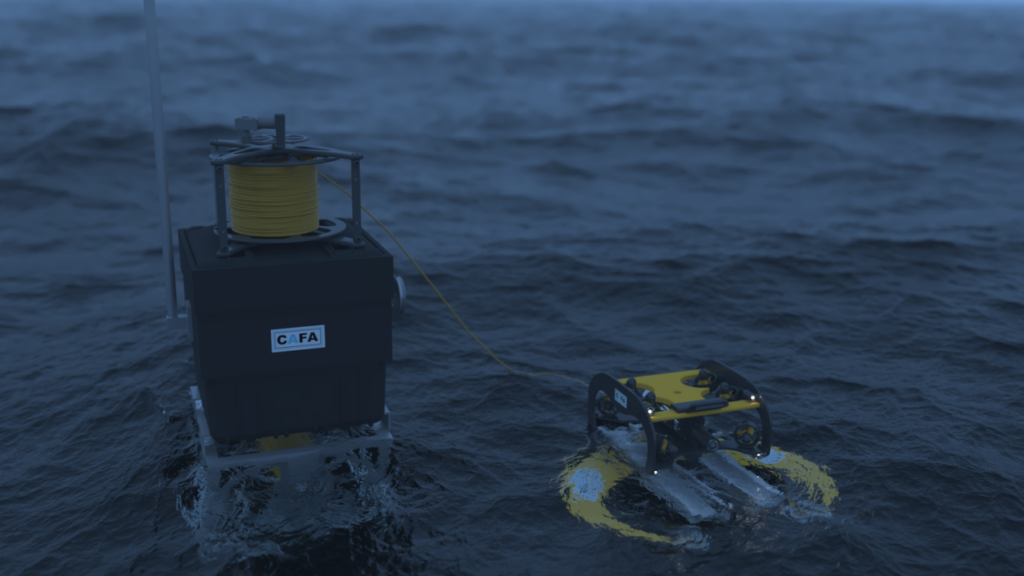
MoSaiC 2023-2025
Real-time Monitoring and Sampling of CB menaces for improved dynamic mapping of threats, vulnerabilities and response capacities
MoSaiC is a EU-funded research initiative, focused on real-time monitoring of CBRN events paired with innovative sampling capabilities. The project’s main aim is to enhance the dynamic mapping of threats in real-time using innovative tools and technologies, thanks to the concerted effort of its Consortium, comprised of 7 international partners.
CAFA Tech contribution: UAVs and UGVs as sensors carriers

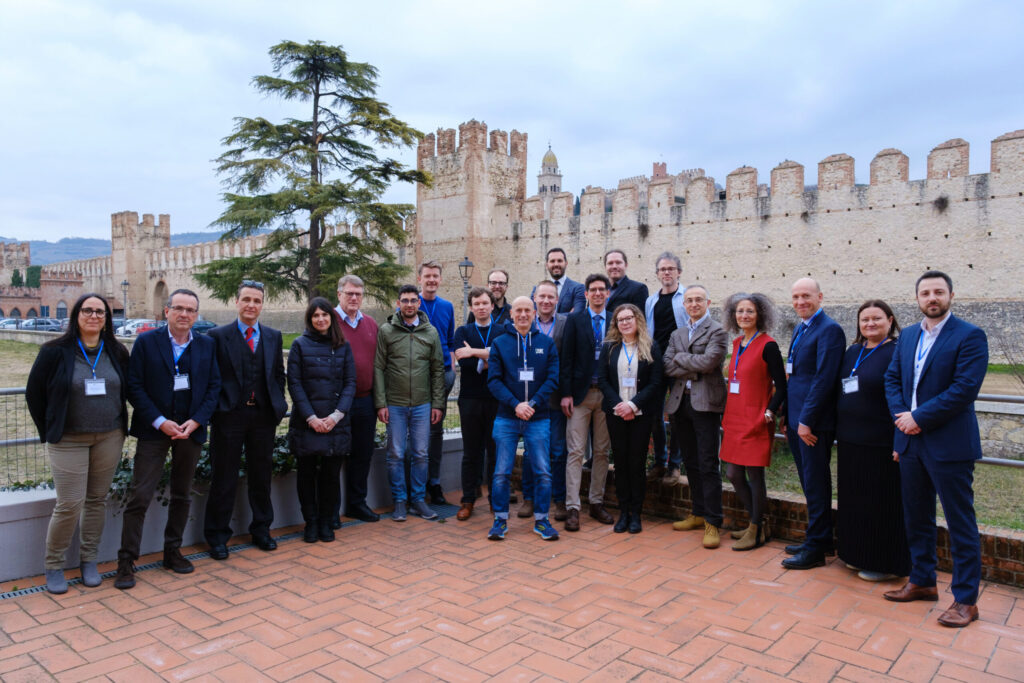
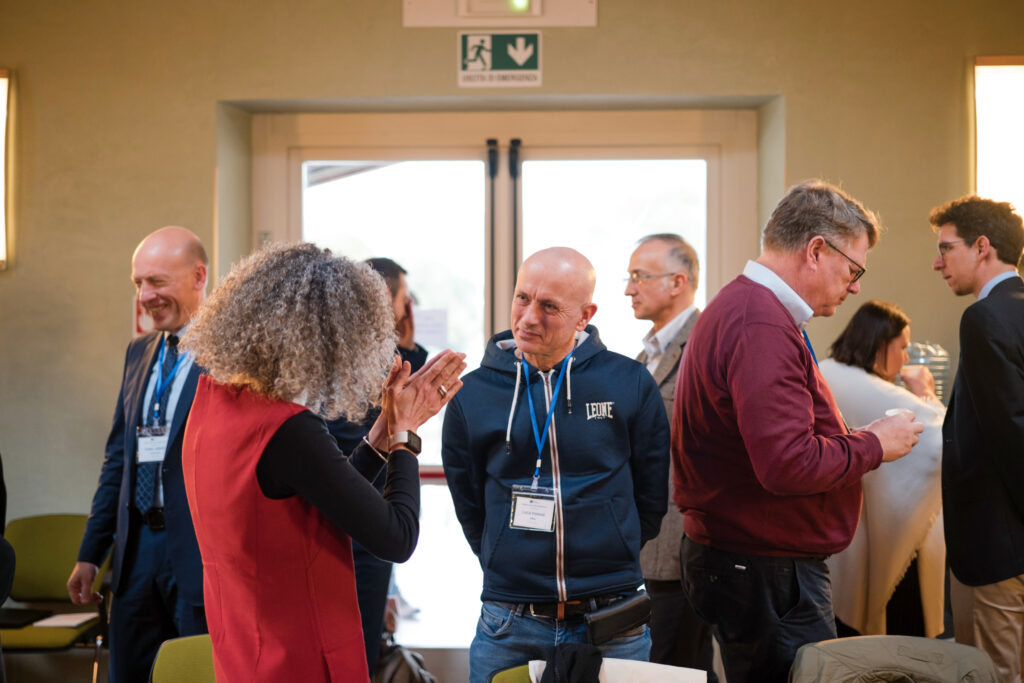
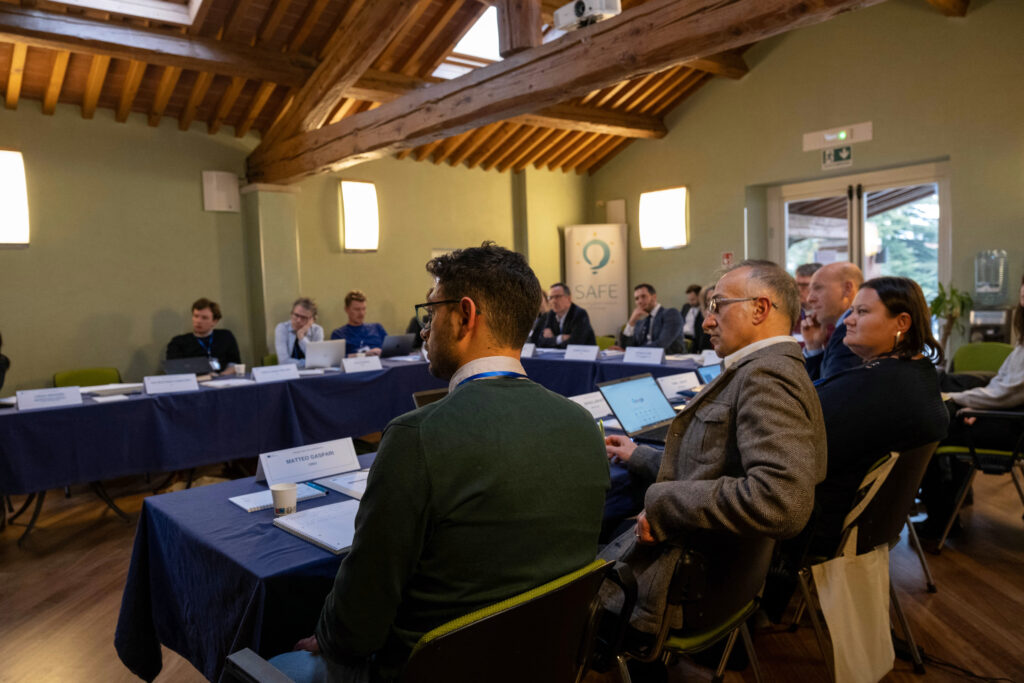
dTHOR 2023-2025
Digital Ship Structural Health Monitoring
The project “Digital Ship Structural Health Monitoring” (dTHOR) will develop a system based on innovative utilization of large amounts of load and response measurements from robust and advanced sensors, a digital framework complying with recognised open standards for data exchange, and hybrid analysis and modelling which combines physics-based and data-driven models. dTHOR will consolidate end-users military operational requirements based on improved battle damage and structural integrity assessment, reduced hydro-acoustic signatures, and more accurate operation of weapon systems
CAFA Tech contribution: networked sensors with AI analytics.
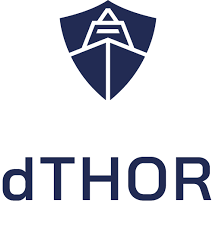
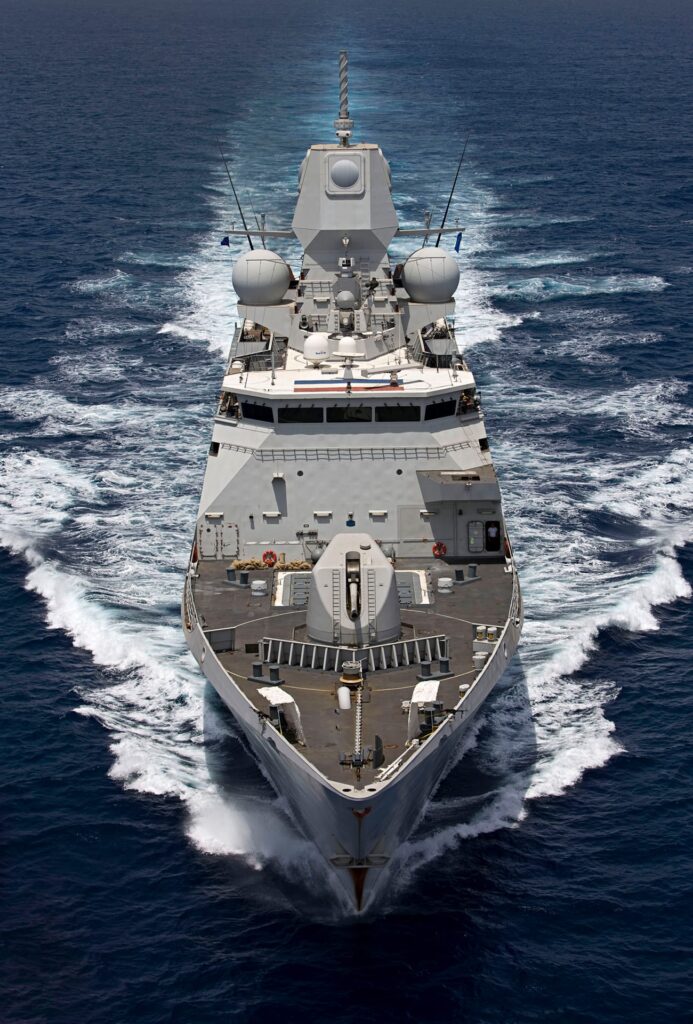
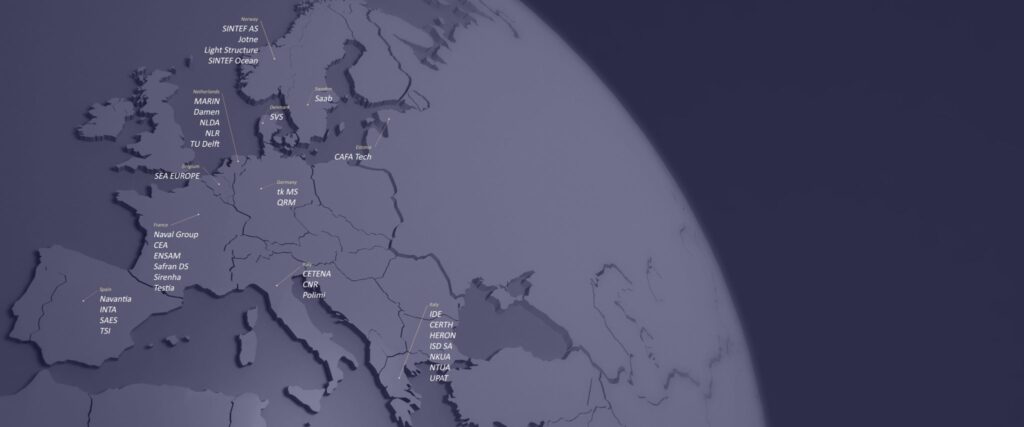
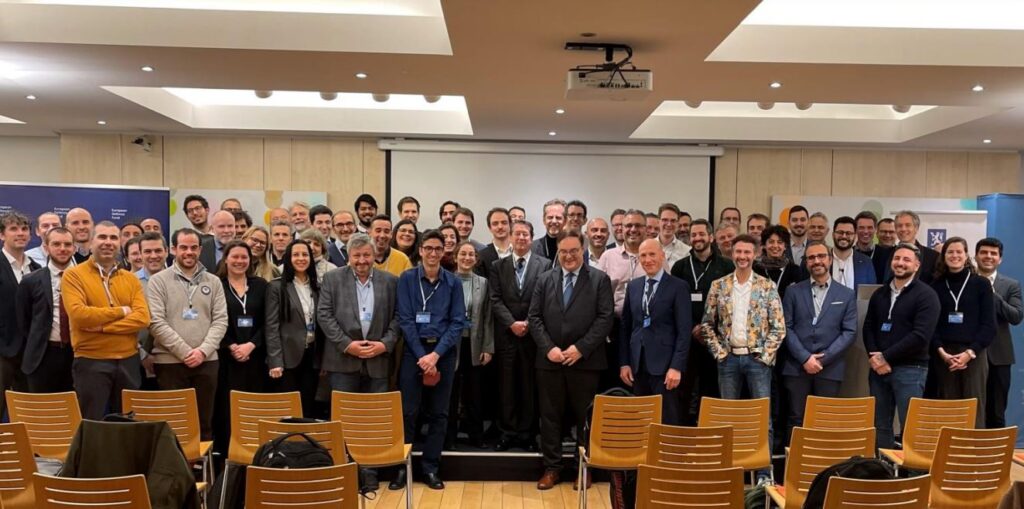
5G Compad 2022-2025
5G Communications for Peacekeeping and Defence
The 5G COMPAD project aims to facilitate use of 5G for Defence and enable interoperability of defence and public communication systems across EU member states.
5G COMPAD aims to break down hurdles faced by European armed forces, which currently rely on expensive, hardware-locked communication systems with limited data rates and interoperability.
By designing a reference architecture for a 5G-based communications system compatible with existing systems and platforms, and by enabling the recurrent integration of 5G, the project will provide a robust high-speed communication system and enable the rapid introduction of new capabilities. This will ensure sustained information superiority for operational success across the entire conflict spectrum, including peacetime, grey-zone and armed conflicts.
CAFA Tech contribution: UAVs and UGVs controlled via 5G
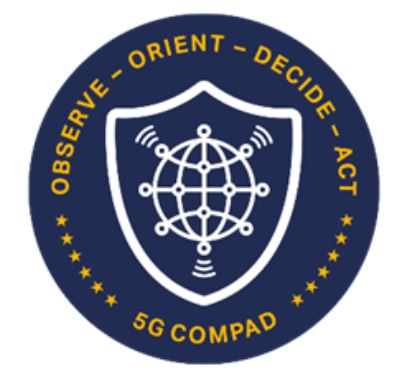
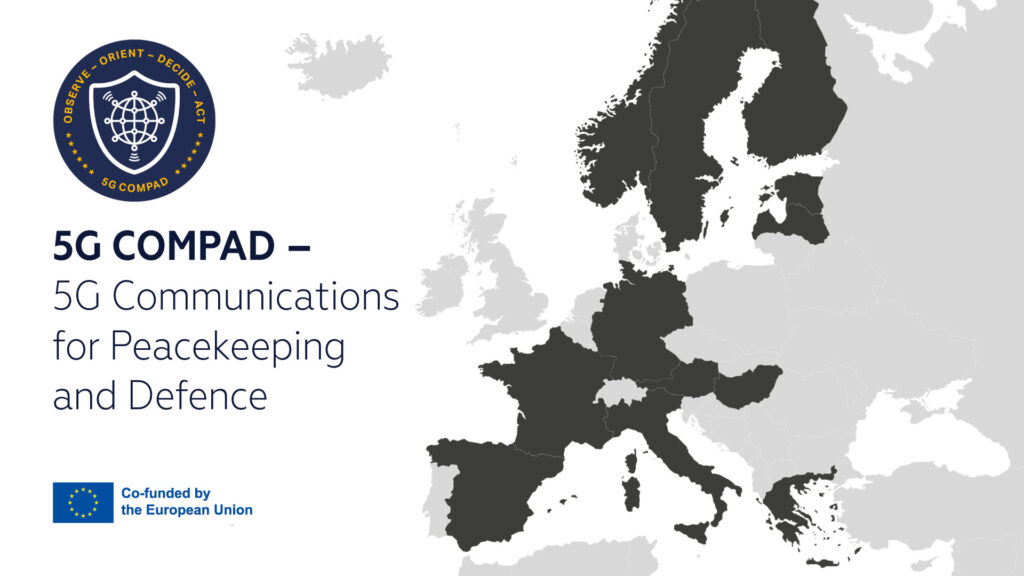
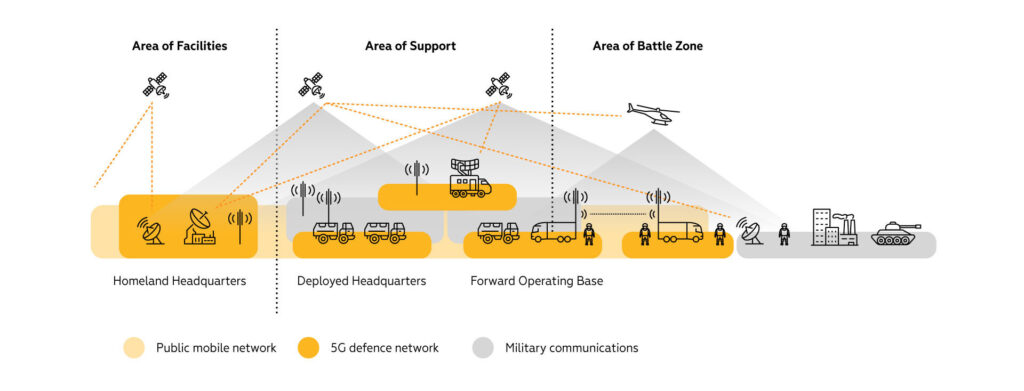
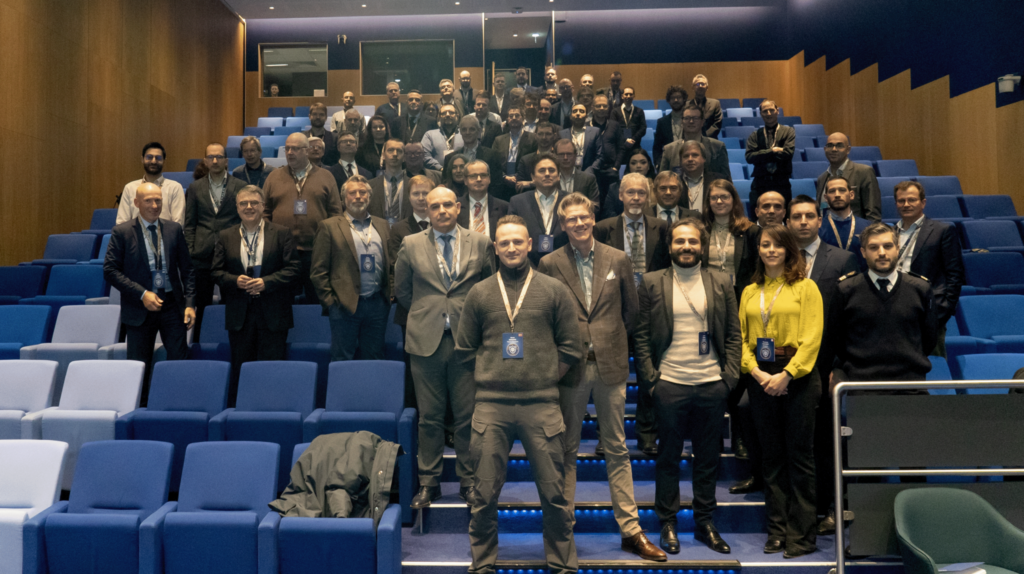
INDY 2022-2025
Energy Independent and Efficient Deployable Military Camps
INDY is one of the first strategic projects tackling green energy in the defence and security sector, thus strengthening collaboration between civil and defence partners to develop dual-use solutions for deployable military camps.
CAFA Tech contribution: Geo-HEC Station technology, develop specialized training programs for stakeholders, focusing on military transfer assessments and bolstering the Critical Components Testing phase.
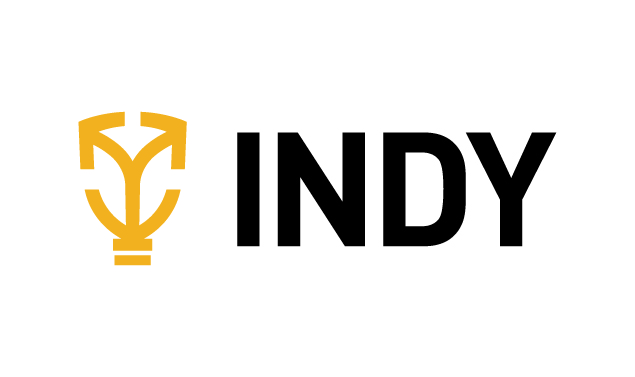
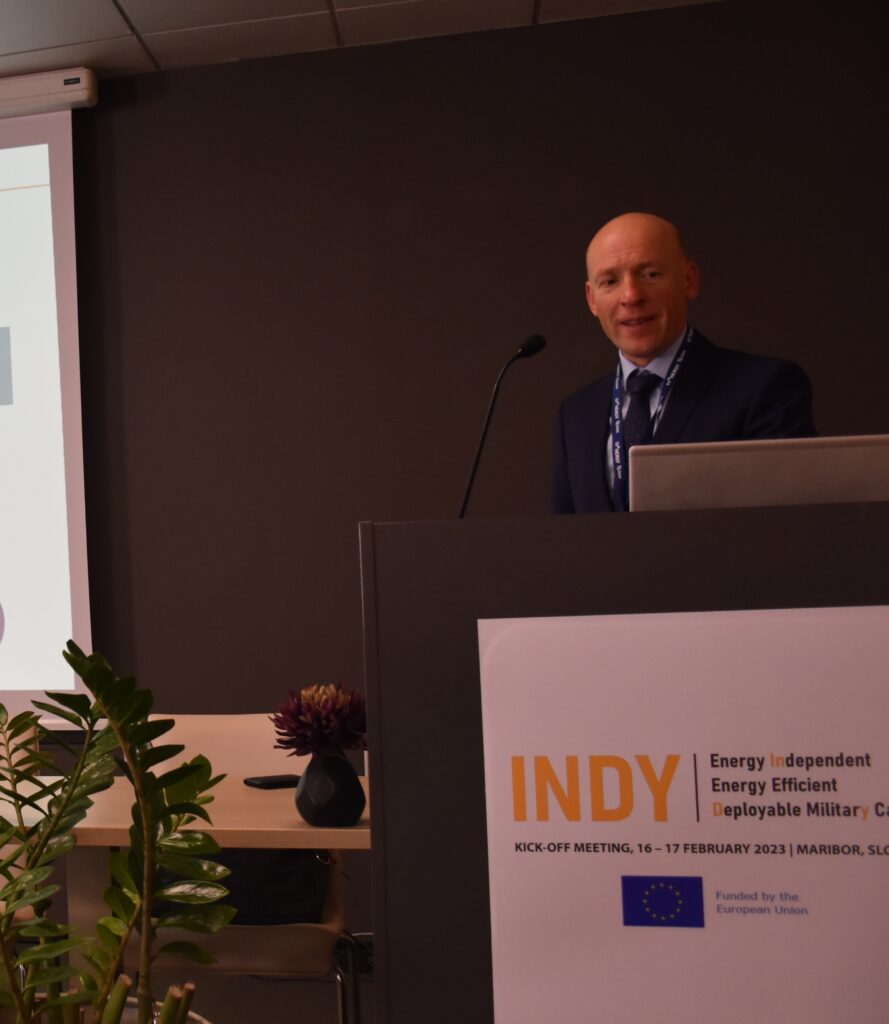
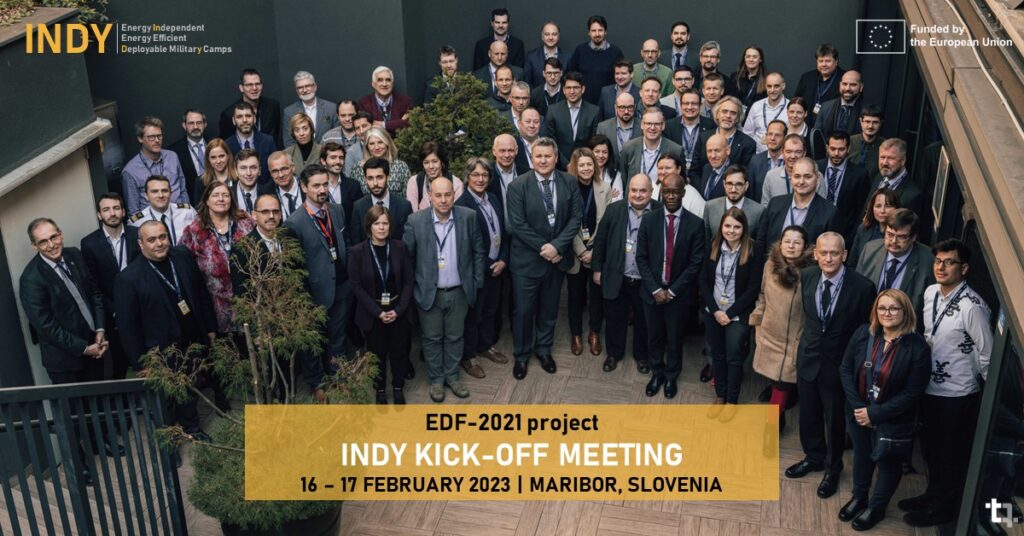
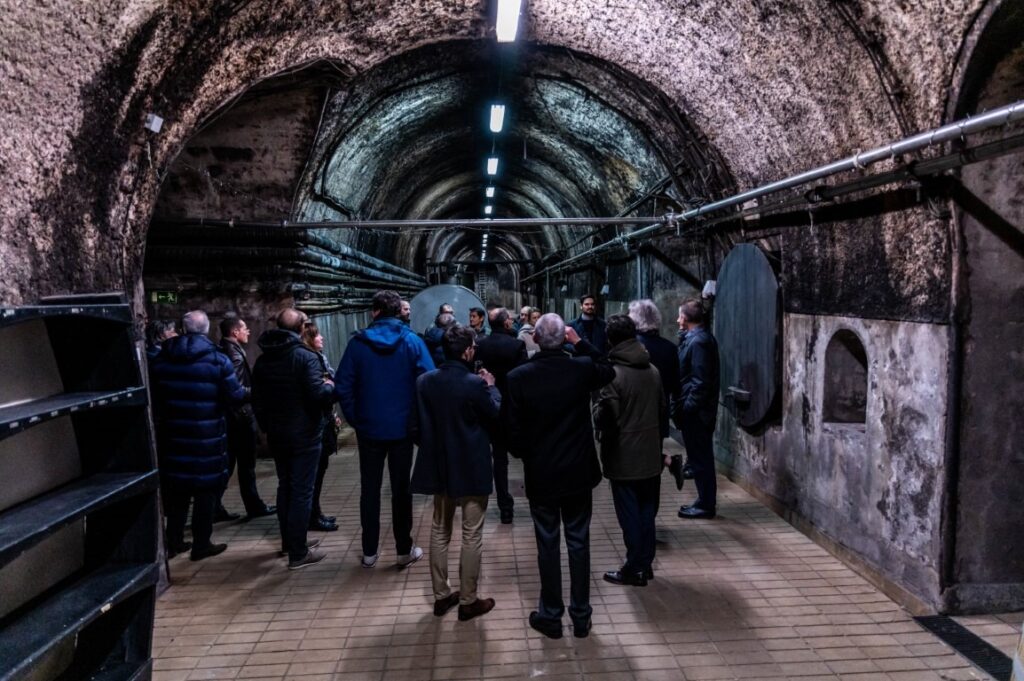
European Defence Agency captechs
CAFA Tech representatives contribute to the EDA captechs described below.
- Maritime. The main objective of the CapTech Maritime is to support European Navies on current and future challenges within the naval areas of research and technology. Read more!
- Ground Systems. The main objective of the CapTech Ground Systems (Land) is to support pMS in developing technology for the Land systems of the future and to improve legacy Land systems. Read more!
- The CapTech RF Sensors Technologies (RADAR) deals with Radar and Electronic Warfare (EW) systems applying radio frequency (RF), magnetic and electronic technologies. Read more!
NATO Industrial Advisory Group
CAFA Tech has contributed and actively participates in conducting NATO NIAG studies together with many other defense companies of NATO member states.
The NATO Industrial Advisory Group (NIAG) is a high-level consultative and advisory body of senior industrialists of NATO member countries, acting under the Conference of National Armaments Directors (CNAD), with the aims of:
- Providing a forum for free exchange of views on industrial, technical, economic, management and other relevant aspects of research, development and production of armament equipment within the Alliance; based on current and updated information provided by relevant NATO bodies;
- Providing industry’s advice to the CNAD on how to foster government-to-industry and industry-to-industry armaments co-operation within the Alliance;
- Providing optimal use of NIAG resources to assist Main Armaments Groups, and their subordinate bodies, in exploring opportunities for international collaboration, and seeking timely and efficient ways to satisfy NATO military requirements.
Some NIAG studies to which CAFA Tech experts have contributed related to CAFA Tech technologies:
- SG-271 Platform Interface Standards for Maritime Unmanned Systems (MUS)
- SG-272 Stand-off Anti-Submarine Warfare (ASW) effector
- SG-277 Challenges of Operating VTOL UAS to Support Maritime Operations
- SG-279 NIAG study on Define Protocols and Standards to Certify Applications Using Artificial Intelligence (AI) within NATO
- SG-292 NIAG study on The plausibility of Area Threat Evaluation and Weapon Assignment (TEWA) in the Maritime Domain for Allied Maritime Forces